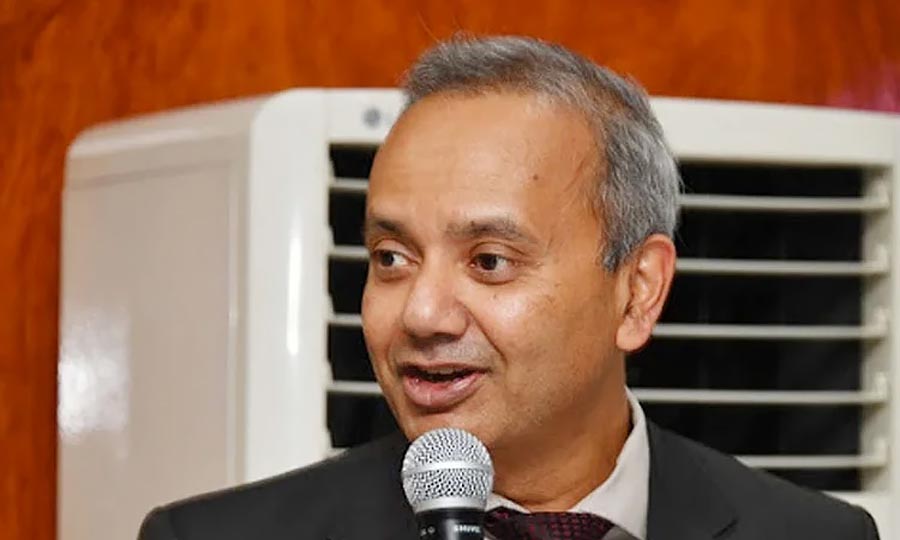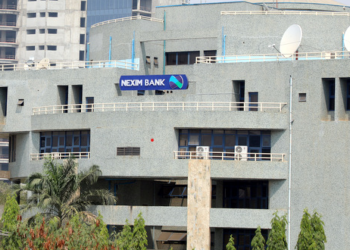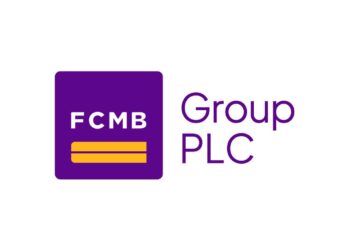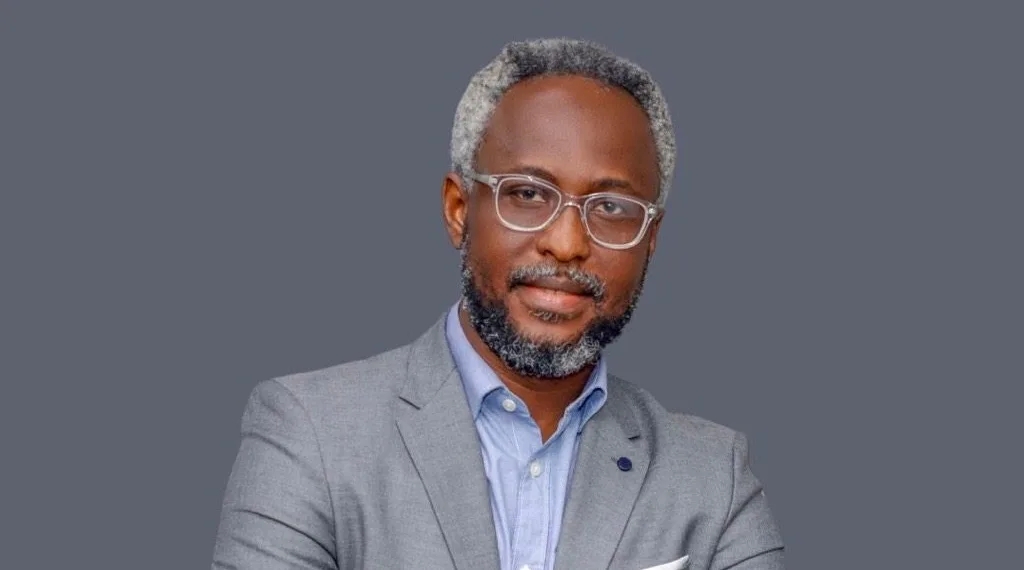The World Bank might not approve (in August) the much-needed $1.5 billion loan sought by Nigeria. The delay is due to concerns over reforms, even as the World Bank believes that the country has not shown enough commitment towards achieving them.
Nairametrics understands the World Bank has included the unification of the naira and removal of fuel subsidy as one of the key reform requirements listed as conditions precedent to obtaining its loan.
The delay could leave Nigeria, which has been battling with low oil prices, with a huge revenue gap that would make it difficult to fully finance the revised $28.35 billion (10.8 trillion) 2020 national budget. Already, the CBN had revealed that Nigeria’s balance of payments gap this year will be $14 billion.
READ: Covid-19: Timeline of every pronouncement made by Nigeria to support the economy
The World Bank is of the opinion that the Federal Government and Central Bank of Nigeria are not serious about commitments to put in place credible mechanisms to enhance efficiency in the allocation and use of public finance in Africa’s most populous nation.
According to Reuters, the Bretton Woods Institution had planned to bring the loan to its board for approval this month. The World Bank, which had pointed out that Nigeria could be heading towards its greatest fiscal crisis in 4 decades, said negotiations over what Nigeria will do to secure it were incomplete.
According to a source close to the government, “They are not convinced about the reforms. All three sources declined to be named due to the sensitivity of the negotiations. The source added that the currency was the core issue.”
READ: Nigeria’s excess crude account falls to $72 million
Why the delay
World Bank loans usually depend on some conditions which include reforms. Although there has been no official statement or demand with respect to that, the World Bank had previously called for a more flexible and unified exchange rate, removal of fuel subsidies, and an increase in electricity tariffs.
Another source from the World Bank said that the loan might not be approved until October. The bank, in a statement, said that even though discussions were at an advanced stage, it was yet to present the loan for consideration to its board.
READ: 10 side businesses to sustain your professional career
The statement from the bank reads, “Of particular importance are the steps the government is taking to marshal the needed fiscal resources for a pro-poor response to the crisis and undertake the reforms that will help ensure a robust recovery.”
The World Bank and the International Monetary Fund (IMF) have been very critical of the multiple exchange rate policy of the Federal Government. They have pointed out that this distorts the economy and creates room for corruption and arbitrage by currency speculators.
The low oil prices have put further pressure on the foreign exchange market and the country’s external reserve. The CBN’s policy of intervening in the market to support the naira has become costlier since the crash of oil prices, as it relies on oil for 90% of its foreign exchange.
READ: Where is oil headed in the short term?
Although the naira has been devalued two times this year, the World Bank still does not consider that enough, with the complete exchange rate unification expected.
Although the Federal Government has announced the removal of fuel subsidy through a floating price cap, sources from the World Bank feel that the mechanisms for such policy were not sufficiently transparent.






















